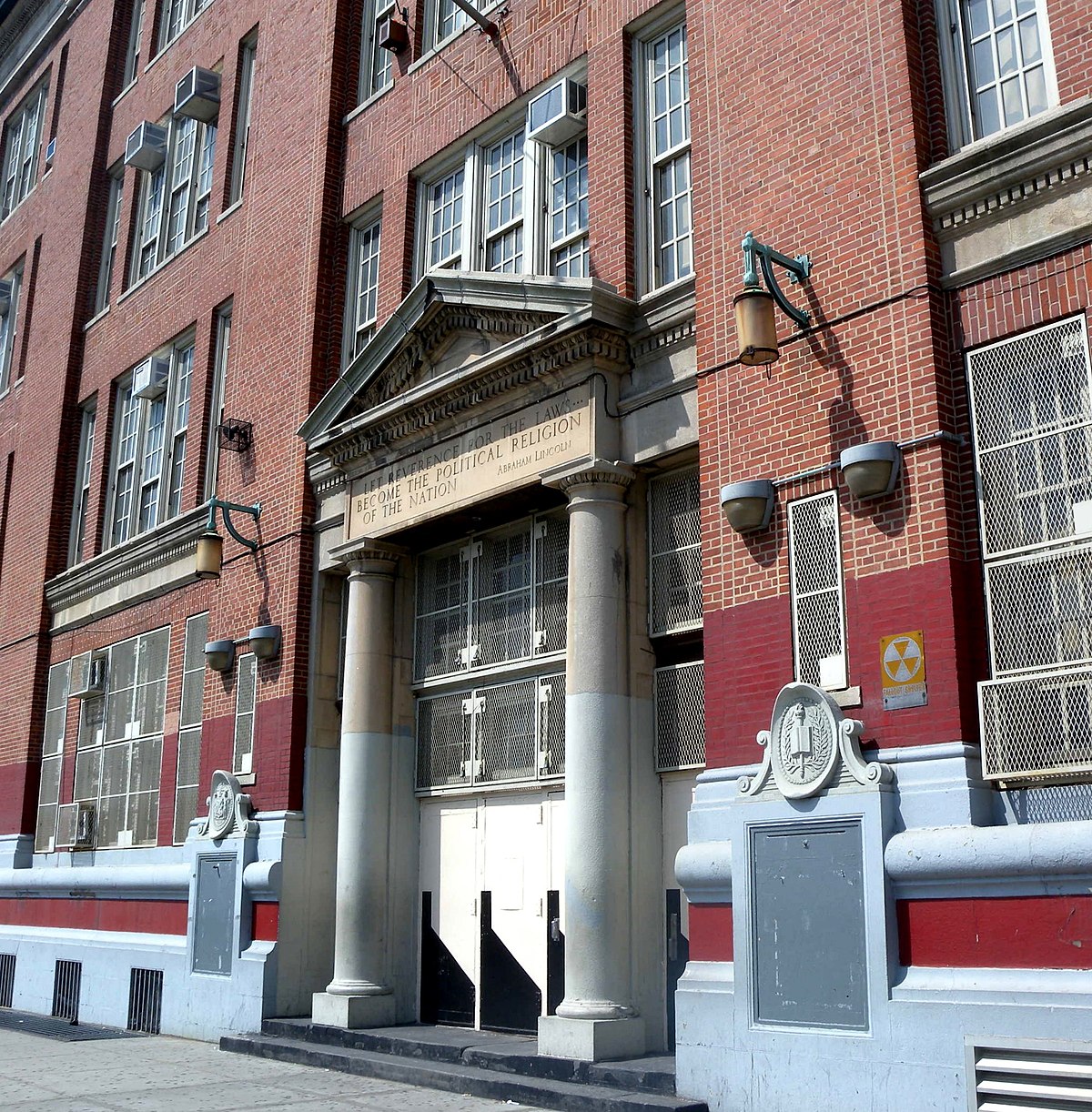Bernardo Paez remembers his days as Jefferson’s star QB
But he ran into some tough competition at college

Jefferson High School, where Bernardo Paez, the “Colombian Rifle,” became a football star. Wikimedia photo by Jim Henderson
Forget those old wives’ tales — lightning does strike twice.
And it did.
At least it did to Bernardo Paez.

Brooklyn Boro
View MoreNew York City’s most populous borough, Brooklyn, is home to nearly 2.6 million residents. If Brooklyn were an independent city it would be the fourth largest city in the United States. While Brooklyn has become the epitome of ‘cool and hip’ in recent years, for those that were born here, raised families here and improved communities over the years, Brooklyn has never been ‘uncool’.